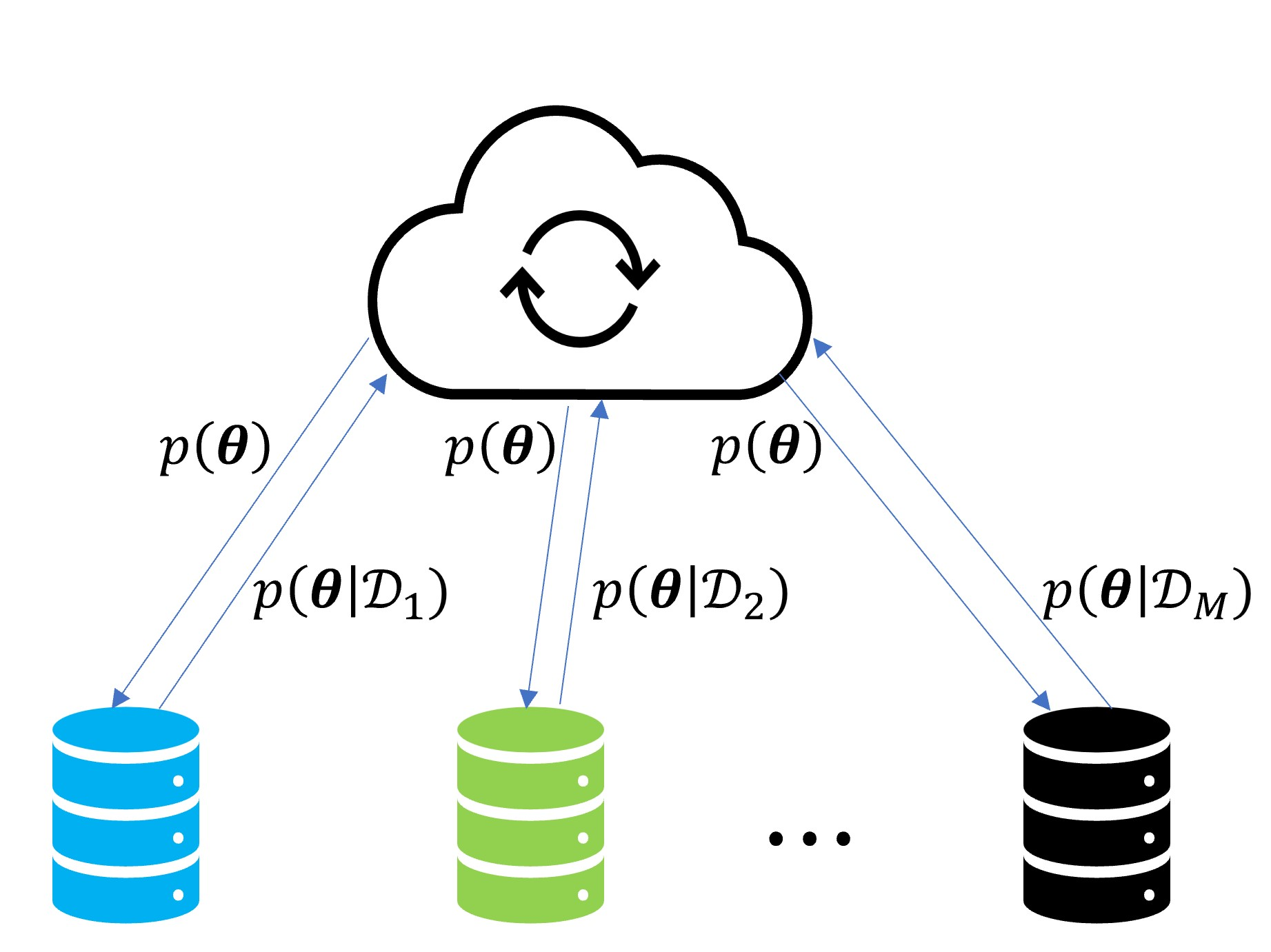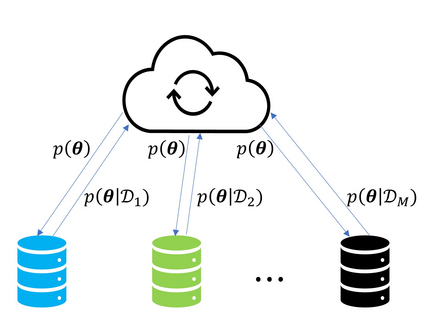The integration of data and knowledge from several sources is known as data fusion. When data is available in a distributed fashion or when different sensors are used to infer a quantity of interest, data fusion becomes essential. In Bayesian settings, a priori information of the unknown quantities is available and, possibly, shared among the distributed estimators. When the local estimates are fused, such prior might be overused unless it is accounted for. This paper explores the effects of shared priors in Bayesian data fusion contexts, providing fusion rules and analysis to understand the performance of such fusion as a function of the number of collaborative agents and the uncertainty of the priors. Analytical results are corroborated through experiments in a variety of estimation and classification problems.
翻译:一些来源的数据和知识的整合被称为数据聚合,当数据以分布式方式提供时,或当使用不同的传感器来推断一定数量的兴趣时,数据聚合就变得至关重要。在巴伊西亚环境中,事先掌握了未知数量的信息,并可能由分布式估算员分享。当当地估算值融合起来时,这种先前数据可能被过度使用,除非计算出来。本文探讨了在巴伊西亚数据融合背景下共有的先前数据的影响,提供了聚合规则和分析,以了解这种聚合的性能,因为这种聚合是合作剂数量和先前的不确定性的函数。通过各种估算和分类问题的实验,可以证实分析结果。





